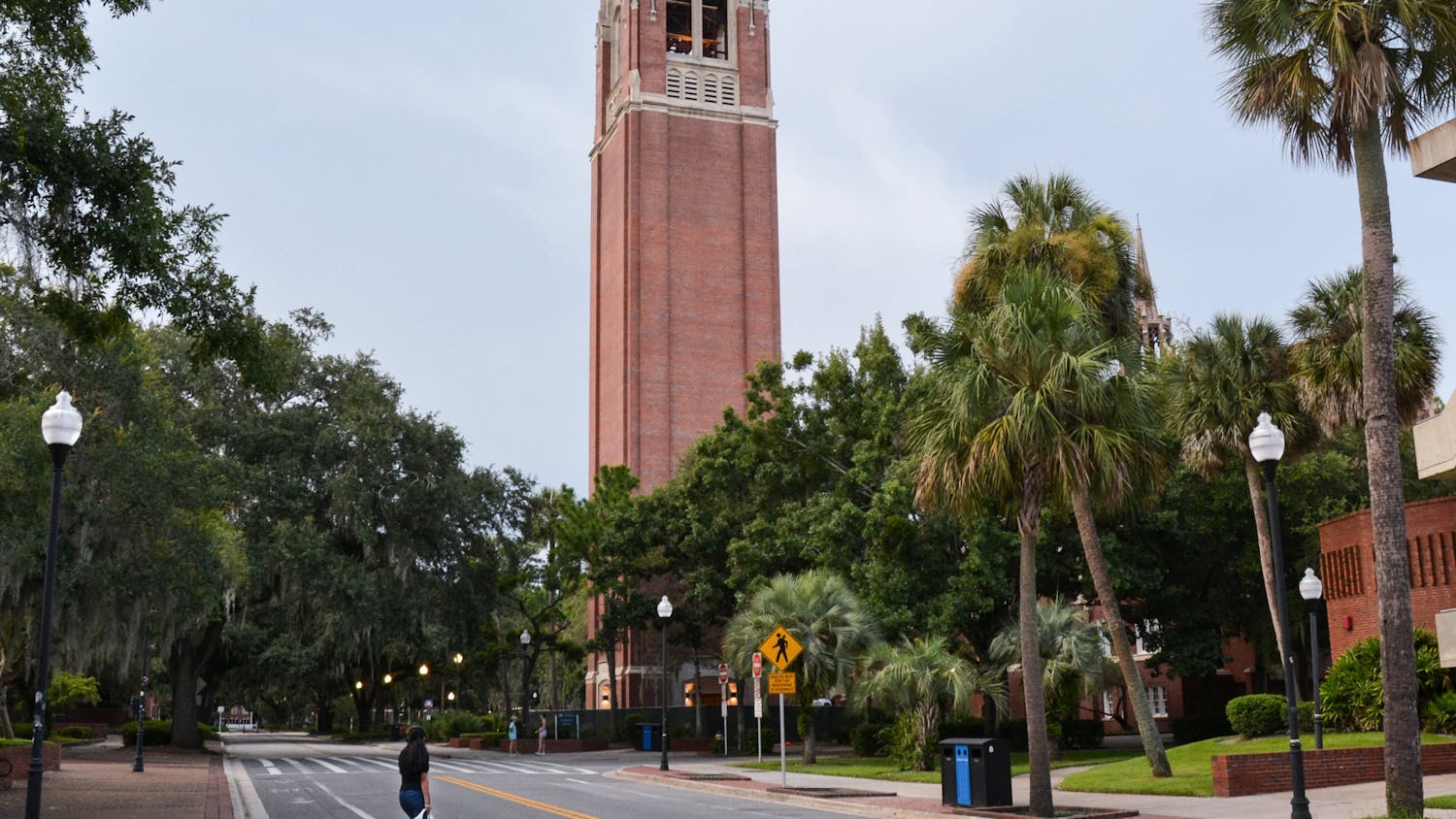Alan Hodges doesn’t know if locally grown foods are really healthier, cheaper and of higher quality than imported ones.
“But consumers certainly seem to think so,” said the extension scientist in the Food and Resource Economics Department at UF’s Institute of Food and Agricultural Sciences.
Hodges was one of the researchers in a consumer preference study by UF that found 20 percent of food eaten at home by Floridians was grown locally, to the tune of $8.3 billion in a year. Different studies indicate that other states obtain about 5 percent of their food locally.
Hodges said the two biggest factors were the nearly yearlong growing season and the recent media attention on local and natural foods.
Russ Welker, natural foods manager at Ward’s Supermarket, agreed.
“Local food sales have grown significantly in the last 10 years, pushed by a big wave nationally in buying locally,” he said.
Hodges said Gainesville residents spent an average of about $1,400 per household on local foods in a year. He said this contrasted with the statewide household average of about $1,114 spent in a year on locally grown food, primarily from retail grocers and farmers markets.
“Small and medium farms, especially those in the North Central Florida region, have embraced the movement toward selling local products,” Hodges said. “They’re the ones most likely to take advantage.”
Food taken home from restaurants accounted for $320 million of the total, according to the study. Hodges said he thinks there is a great opportunity to increase that amount.
“For chains, the decision to buy local food is usually made at the corporate level,” he said. “For independent restaurant owners or their chefs, the decision is theirs whether they are going to.”
Welker said quite a few Gainesville restaurants bought Ward’s locally grown and raised products, and Summer Break didn’t affect sales much.
Both Hodges and Welker noted the diversity of consumers of locally grown products.
“We have the rainbow of humanity coming through each year,” Welker said.





